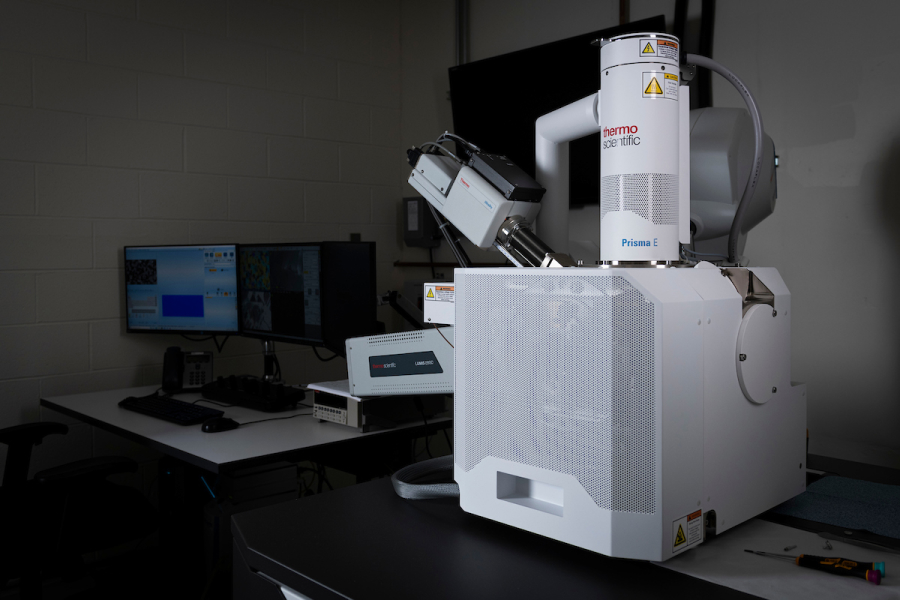Master's Degree in Ceramic Engineering
Earn a Master's Degree in Ceramic Engineering
Are you ready to dive into a world of innovation, creativity, and limitless possibilities?
Embark on a transformative journey with our Master's program in Ceramic Engineering, where groundbreaking discoveries and technological advancements await. Immerse yourself in the captivating realm of ceramics, where you'll unravel the secrets of designing advanced materials with extraordinary properties, revolutionize industries ranging from aerospace to healthcare, and make an indelible mark on the future of technology.
Want to Know More?
Get info on our program, scholarships, how to visit campus, admissions and more. Take the next step in solving for tomorrow!
Degree Information
What Alumni Say About S&T
Research in Ceramic Engineering

Explore Research Fields
Your Career in Ceramic Engineering
Our ceramic engineering program equips students with the skills and knowledge needed for diverse careers in research, materials design, manufacturing, and quality control. Graduates are well-prepared to develop innovative materials for extreme environments and other challenging applications. With a wide range of career opportunities available, ceramic engineering graduates can find success as ceramic engineers, materials scientists, and research associates in various industries, national laboratories, and government agencies.
Career Fields
- Aerospace
- Biomaterials
- Electronic Ceramics
- Glass
- Solar Energy & Fuel Cells
Common Hiring Companies
- GE Aerospace
- Honeywell
- Kohler
- Owens-Illinois
- Watlow


Follow Materials Science and Engineering